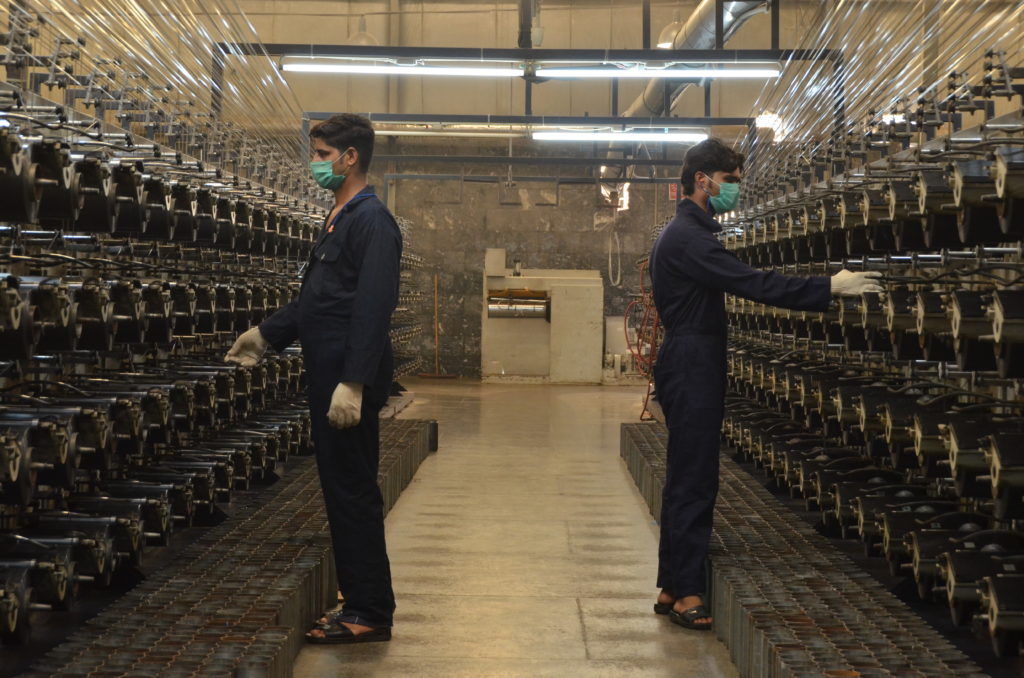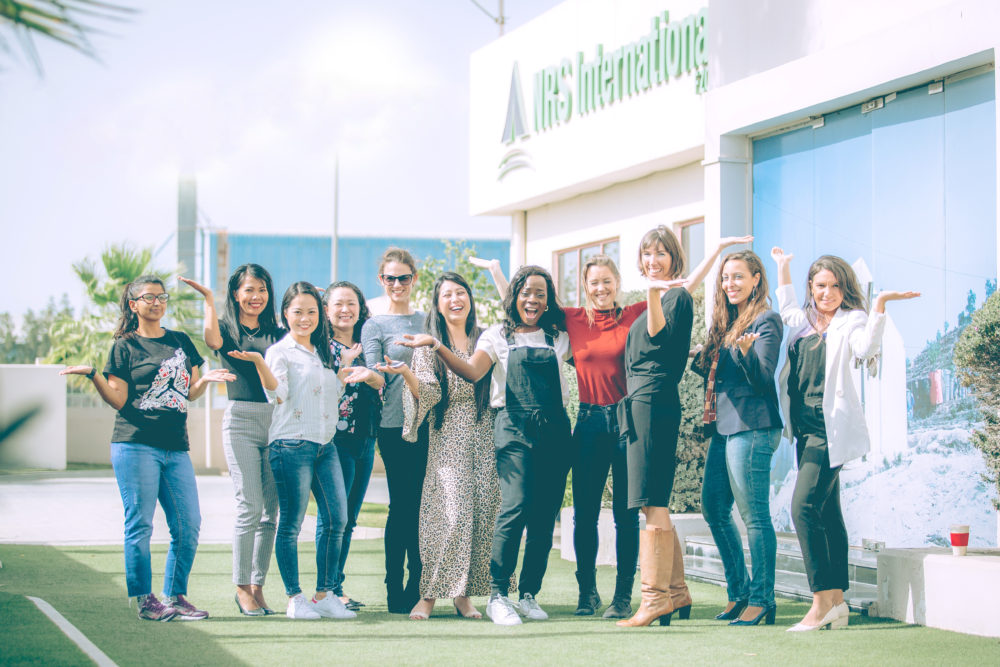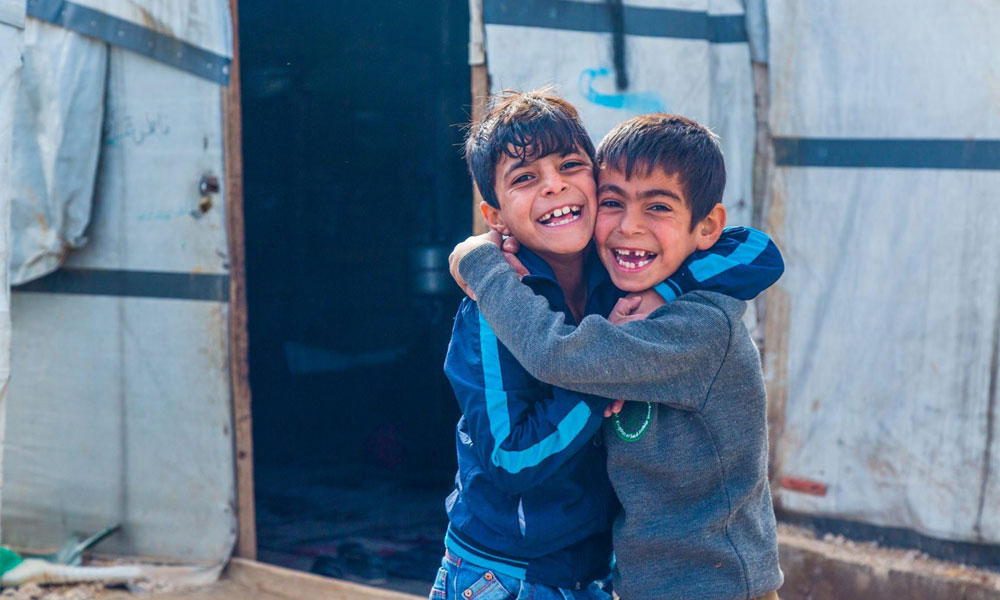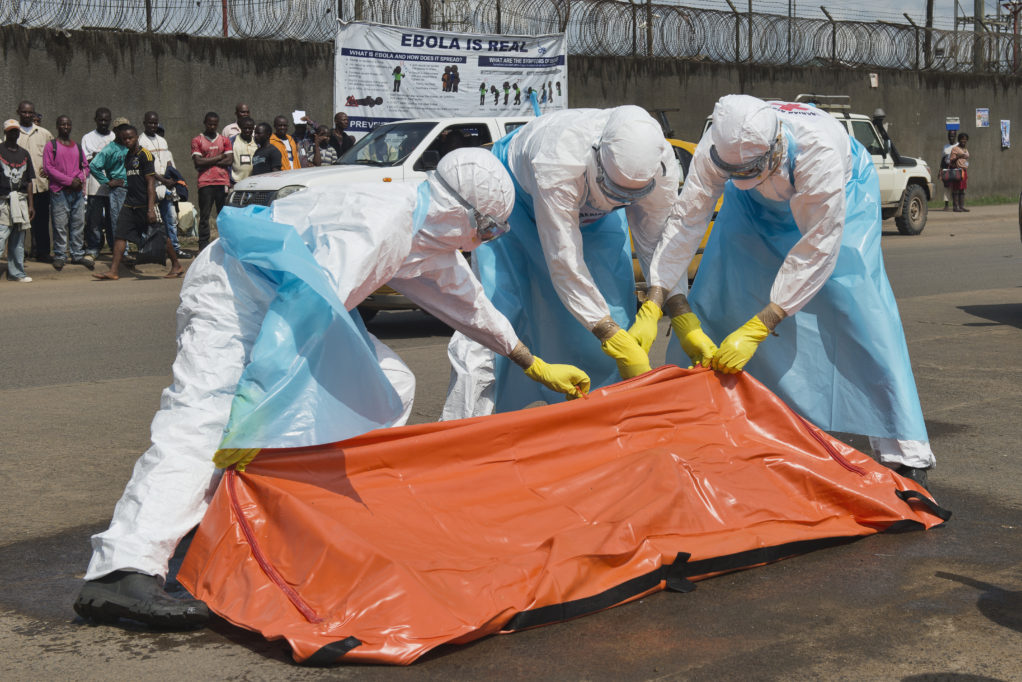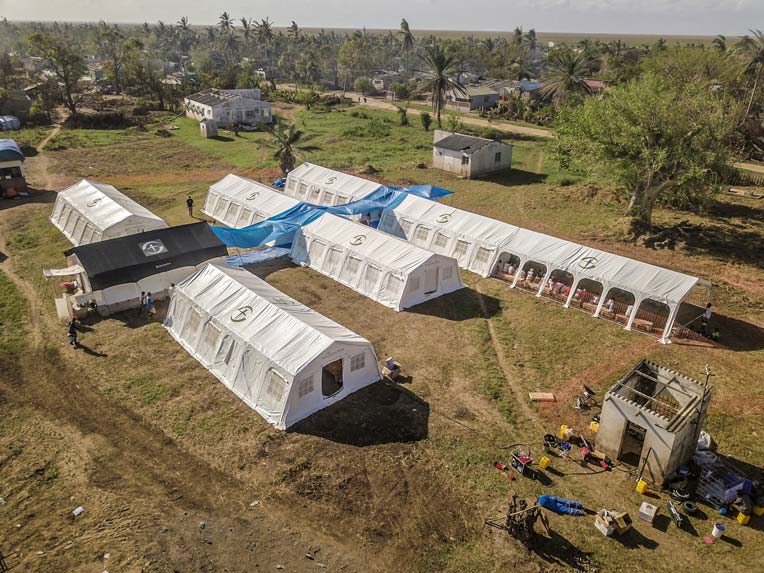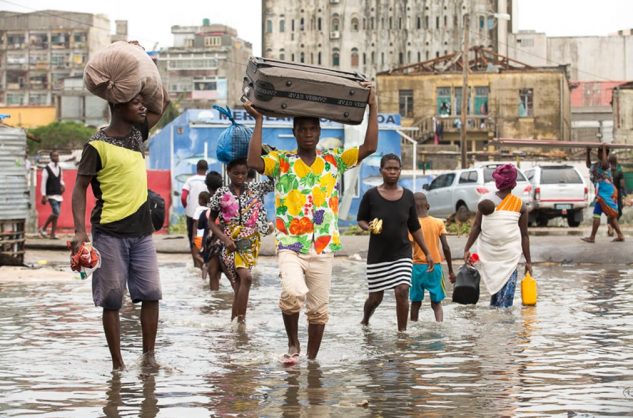Response through collaboration
The devastating earthquake that shook Nepal took 9,000 lives and destroyed more than 600,000 houses, and also left many monasteries without basic necessities. In an interview with AidEx, our colleagues Martina Aureli, Business Development & Sales Manager – Asia & Oceania, and Nicole Malick, Corporate Social Responsibility Manager, discuss the work that we carried out in Nepal earlier this year and our continued support to the vulnerable populations.
Supplying key core relief items during acute emergency response is the nature of our business. After the earthquake which struck Nepal earlier this year, our team made two field assessments to see which of our products could be most useful on the ground. We started working closely with the Bairo Ling Australia NGO which was helping the Amitabha Monastery, an important center for Tibetan Buddhism set high in the mountains of Kathmandu, to rebuild after the disaster.
The quake’s intensity made much of the facility structurally unsound and uninhabitable. We provided our Legend™ tents as temporary shelters for the nuns at the remote monastery, since this was specifically designed to offer a wide range of potential uses in any emergency situation. In this specific case, it was used as a comfortable, strong and protective temporary shelter for the nuns who needed a place to call home.
We know disaster relief is about 80% logistics, and for any natural disaster, it is always the most crucial part of an emergency operation. It was no different in this case.
Our Business Development and Logistics teams collaborated extensively to effectively coordinate all shipments out of Dubai and Lahore. Airport closures, landslides, closed borders, and administrative problems like securing permits and getting through customs made this difficult at times, but we made use of cross-sectoral expertise and information-sharing platforms such as Logistics Cluster Working Group and the Safe Access to Fuel and Energy platform to work around the challenges. Importing products such as gasoline and kerosene continues to impede the long-term response and rebuilding process. We feel it’s important to share learnings and experiences, so we’ve contributed to Rensselaer Polytechnic Institute in New York’s research on how we supported international response teams for work on improving future emergency response.
All our products are the outcome of an extensive product innovation process, often under the guidelines of international agencies, bilateral donors, governments and non-governmental organisations. Collaboration is the cornerstone of this process. Collaboration is also the watchword for the way we work with external partners in a socially responsible manner: to date, our foundation, the Bilqees Sarwar Foundation has partnered with over ten local organizations around the world. Going forward, we aim to expand our partnerships by forming strategic alliances and working hand-in-hand with actors from all sectors.
This blog originally appeared here.











